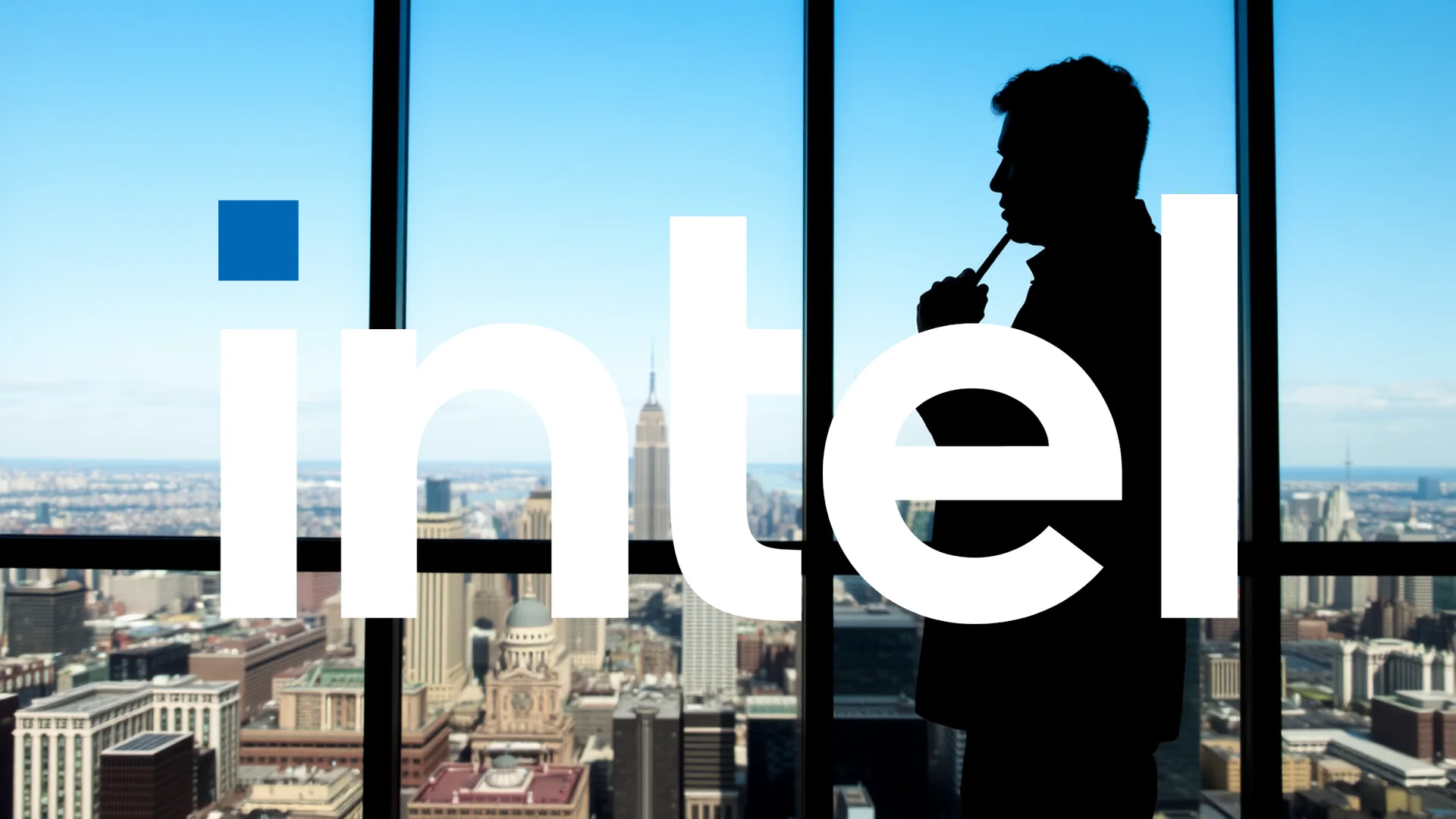Intel shares experienced significant volatility following the announcement of a strategic partnership with artificial intelligence leader Nvidia. While initial market reaction sent the stock soaring, skepticism quickly emerged as analysts delivered conflicting assessments of the deal’s long-term implications for the semiconductor manufacturer.
The landmark agreement, revealed Thursday, represents a surprising collaboration between longstanding industry rivals. Nvidia will invest $5 billion to acquire a 4% stake in Intel, with both companies committing to jointly develop chips for data centers and personal computers. Under the arrangement, Intel will design and manufacture specialized x86 CPUs for Nvidia’s AI infrastructure, while Intel’s new System-on-Chips will incorporate Nvidia’s RTX GPU chiplets.
This unexpected alliance signals a major shift in semiconductor industry dynamics. For Intel, which has struggled with production delays and market share erosion in recent years, the partnership delivers not only substantial capital but also a significant vote of confidence from a key industry player. Nvidia gains access to Intel’s dominant x86 architecture, positioning both companies to compete more effectively in the rapidly expanding AI inference and edge computing markets.
Should investors sell immediately? Or is it worth buying Intel?
Friday’s trading session revealed deepening divisions among market experts as the initial euphoria gave way to more measured analysis. The stock retreated and closed in negative territory amid contradictory analyst assessments. Citigroup downgraded Intel to “Sell,” citing concerns about the company’s foundry business competitiveness against industry leaders like TSMC. In contrast, Benchmark upgraded the stock to “Buy,” viewing the partnership as a historic opportunity.
This analytical split reflects broader investor uncertainty about whether the Nvidia collaboration represents the turning point Intel desperately needs or merely distracts from fundamental operational challenges. The $5 billion investment—following recent capital injections from SoftBank and the U.S. government—strengthens Intel’s balance sheet, but the company’s broader transformation remains both costly and uncertain.
Market participants now brace for continued volatility in the coming week. The central question remains whether the long-term strategic benefits of the alliance can outweigh short-term concerns. Trading patterns over the next several sessions will indicate whether the Nvidia deal can catalyze genuine recovery or validate skeptic concerns. All attention now turns to Intel’s Q3 earnings release on October 22, with shares likely to remain on an emotional rollercoaster until then.
Ad
Intel Stock: Buy or Sell?! New Intel Analysis from February 7 delivers the answer:
The latest Intel figures speak for themselves: Urgent action needed for Intel investors. Is it worth buying or should you sell? Find out what to do now in the current free analysis from February 7.
Intel: Buy or sell? Read more here...












